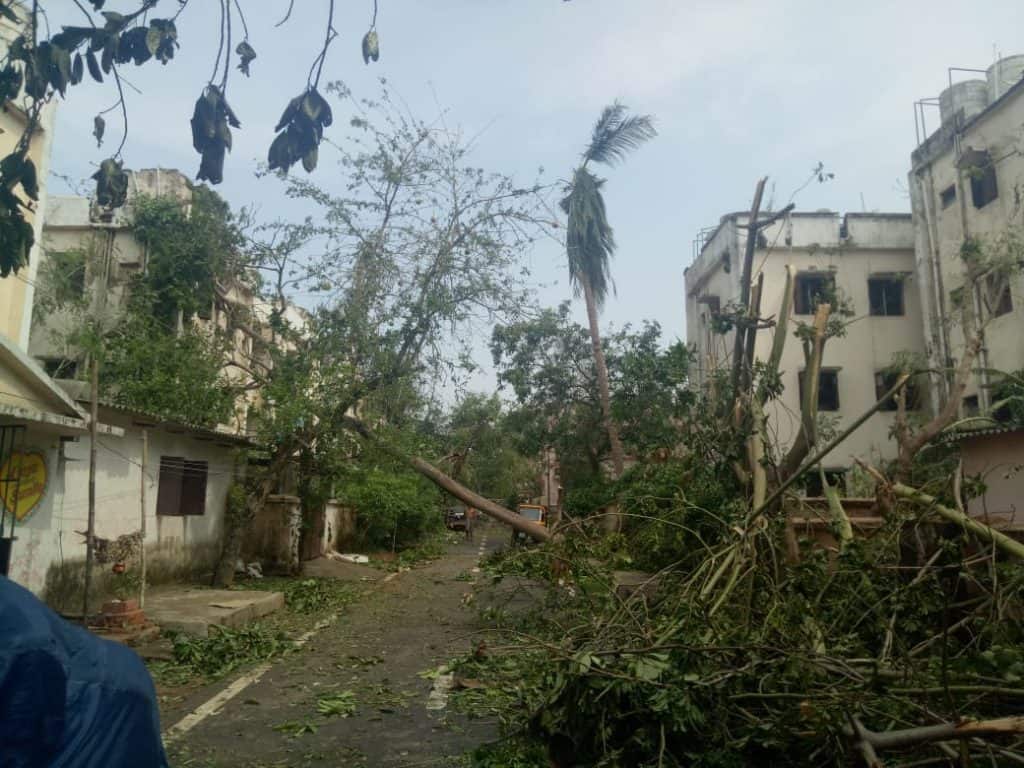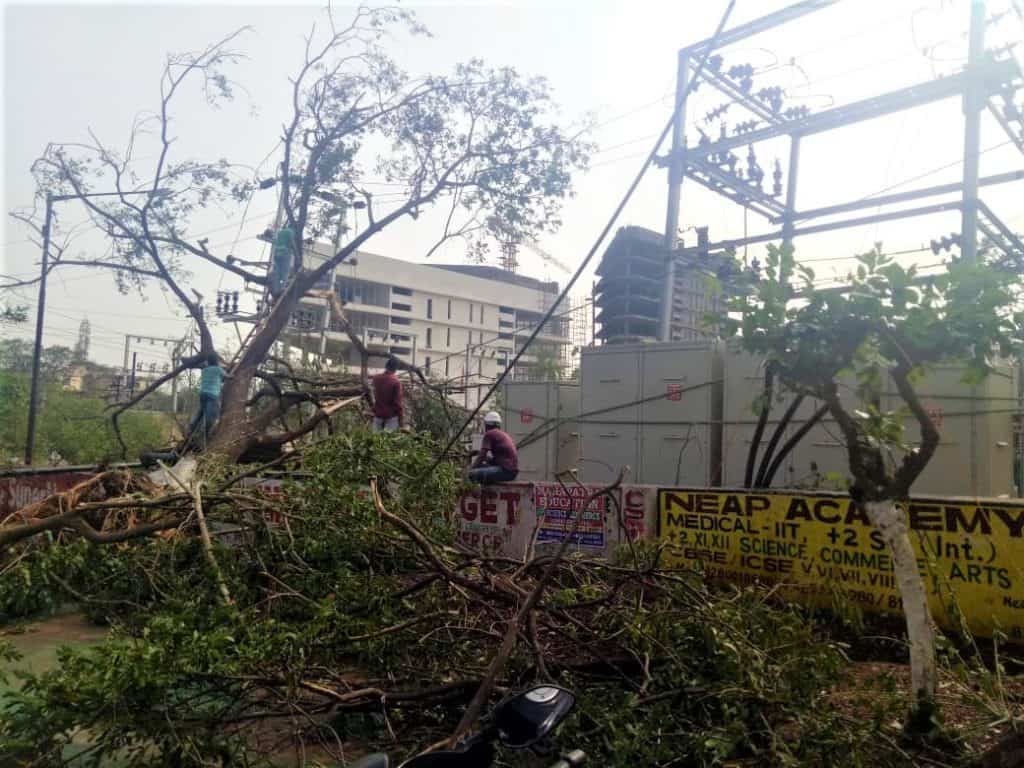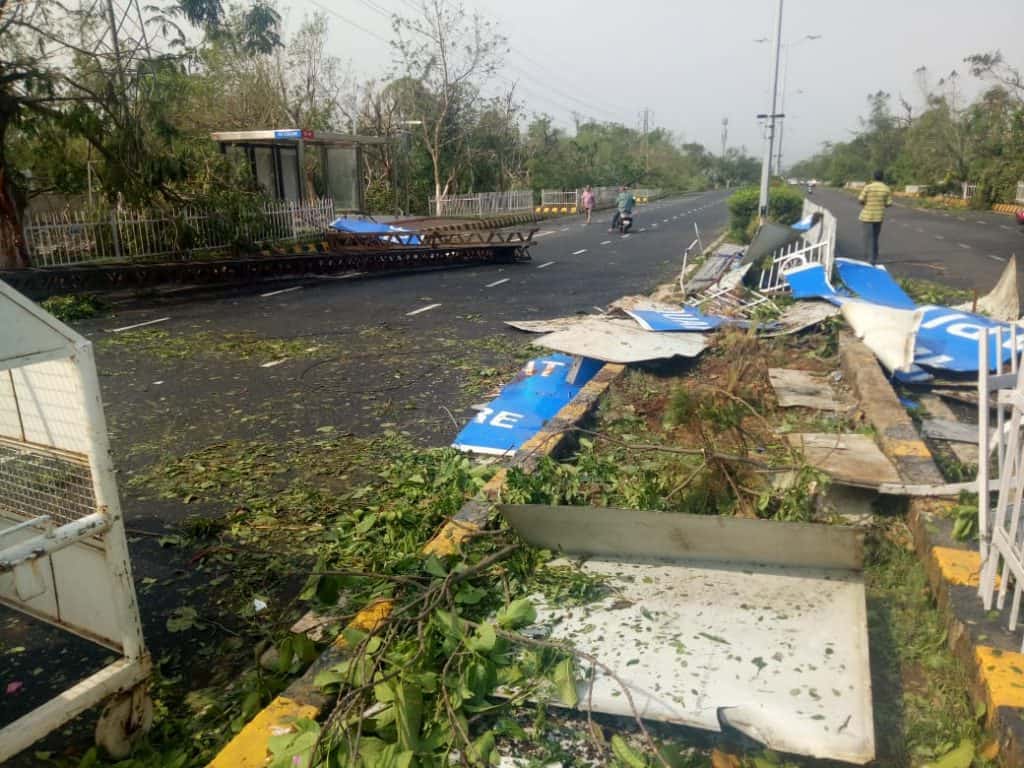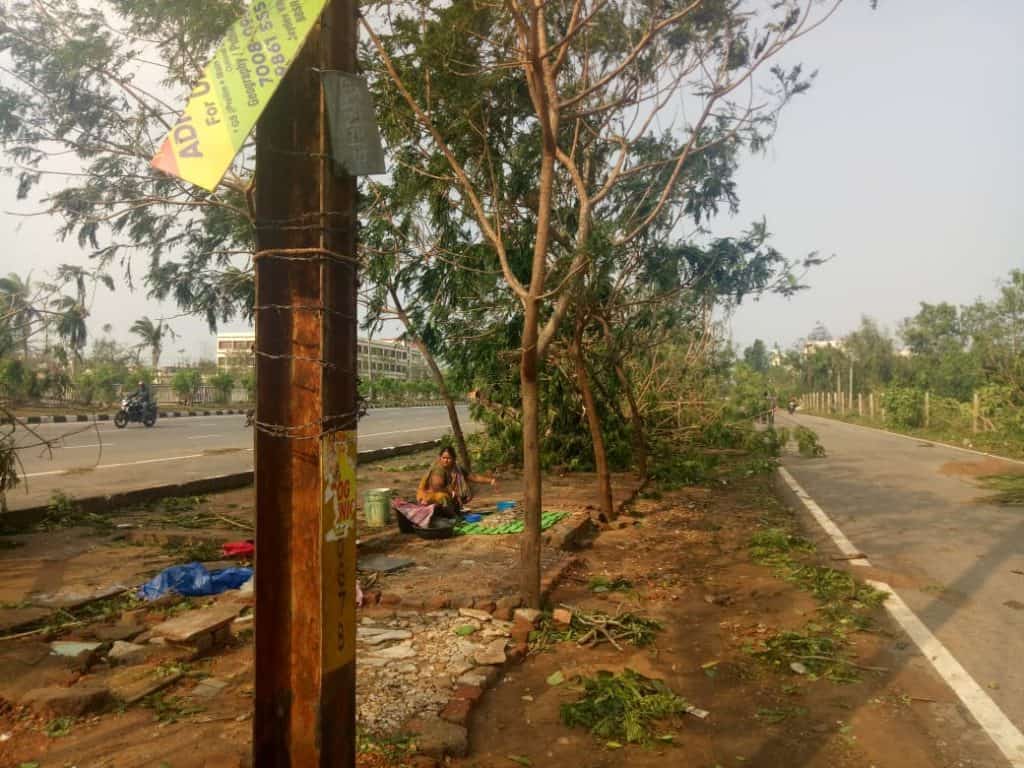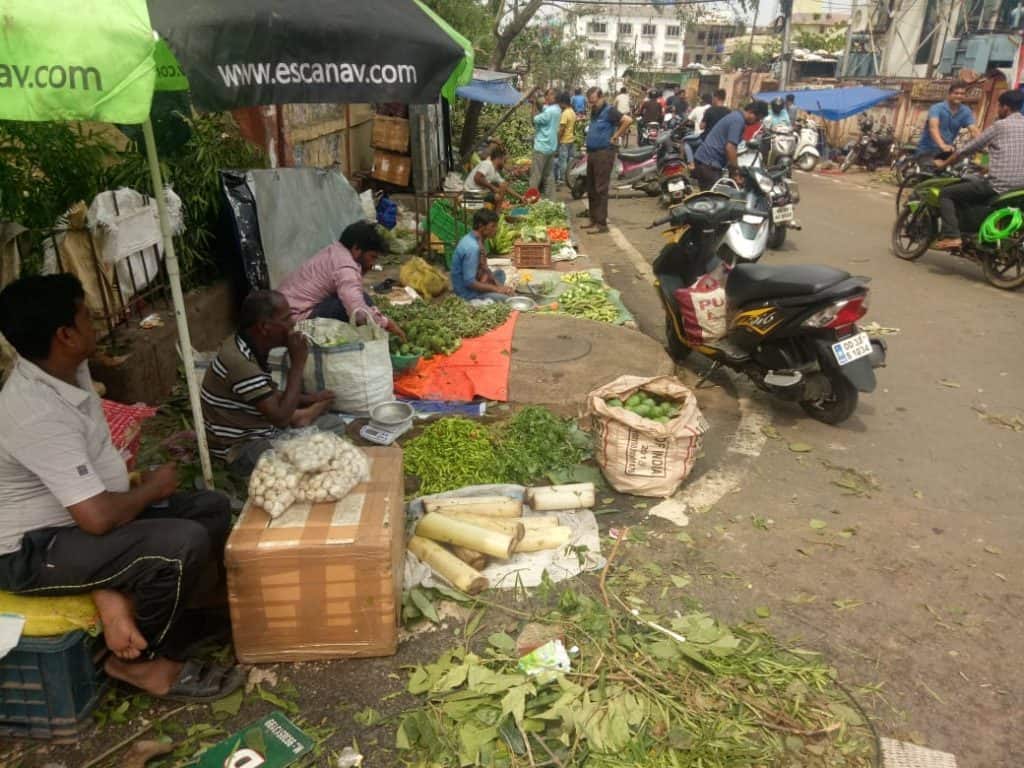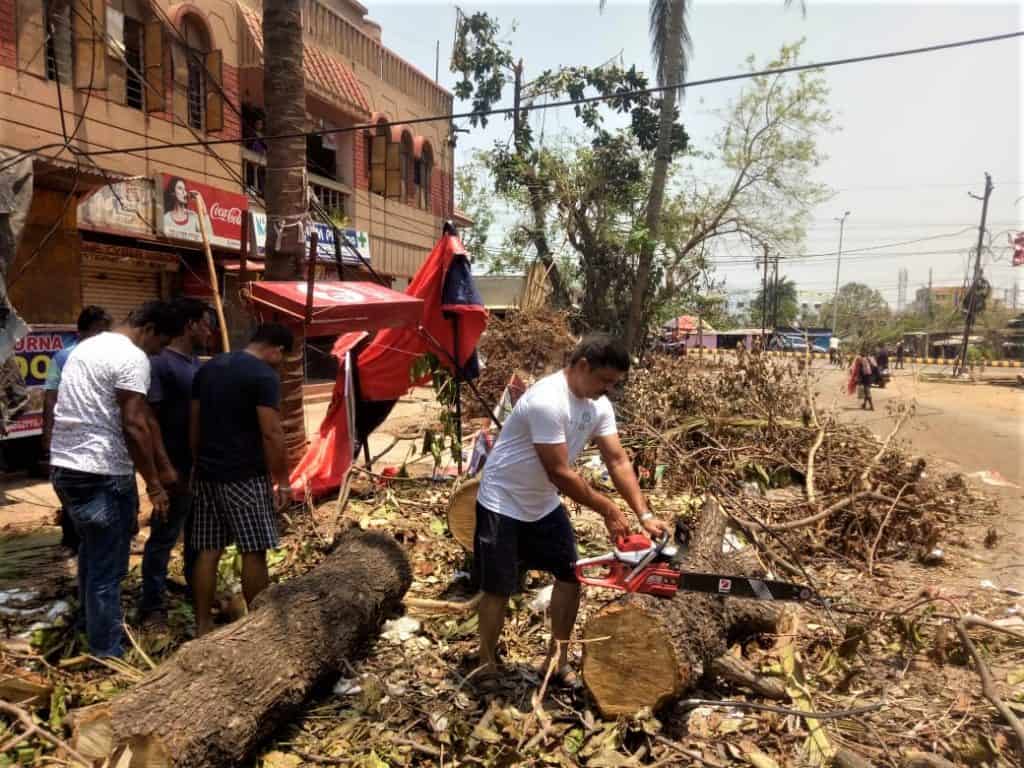Days after Cyclone Fani hit Odisha, ravaged its towns and cities and proceeded further towards the north-east, the capital city of Bhubaneswar remains in shambles. Water supply is still severely disrupted in parts of the city, and the service infrastructure is in total disarray, leaving citizens with no electricity, mobile or other forms of connectivity. While the state has been rightly praised in national and international media for its immense achievement in minimising casualties in the face of the severe storm, local patience is now running out and protests are being reported from various corners of the state, and in particular Bhubaneswar, over the administration’s inability to restore essential services.
In the absence of electricity, the summer heat has made lives even more gruelling. Added to that is water scarcity. Infants, children and older people have been facing acute heat stress. The urban poor, who have lost the whole or a part of their makeshift houses in the cyclone, are also deeply vulnerable. Warmer atmospheric conditions are also leading to a growth in the mosquito population, and doctors fear that unless electricity can be restored at the earliest, the city may witness a serious malaria and dengue outbreak.
The heat and climatic conditions may only get worse, for one factor which has perhaps not received as much focus in the aftermath of the storm is the decimation of greenery in the city. Across Bhubaneswar, hundreds of trees were uprooted as winds at speeds of 100 kmph or more lashed the city. In various places, this caused massive disruptions in mobility though citizen groups have been extremely proactive in clearing roads and obstructions.
Here are a few snapshots from the capital over the past five days:
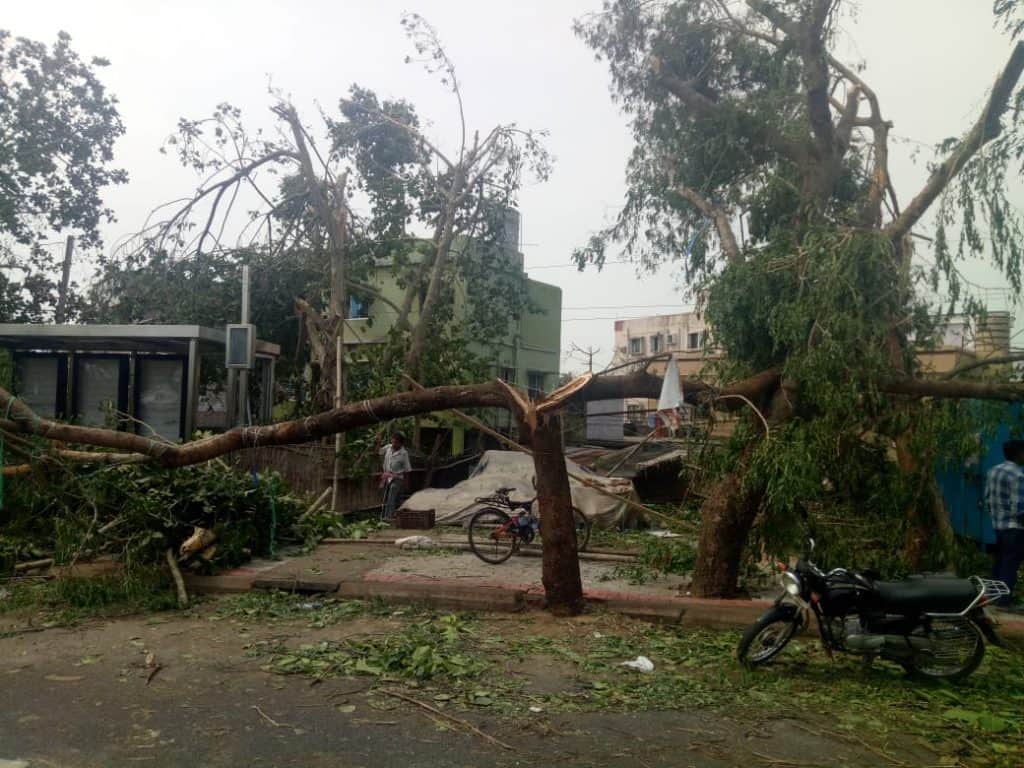
The whirlwind of the cyclone has ripped this tree apart in the middle; on the road to Chandaka forests in Bhubaneswar.
[All pics by Basudev Mahapatra]
